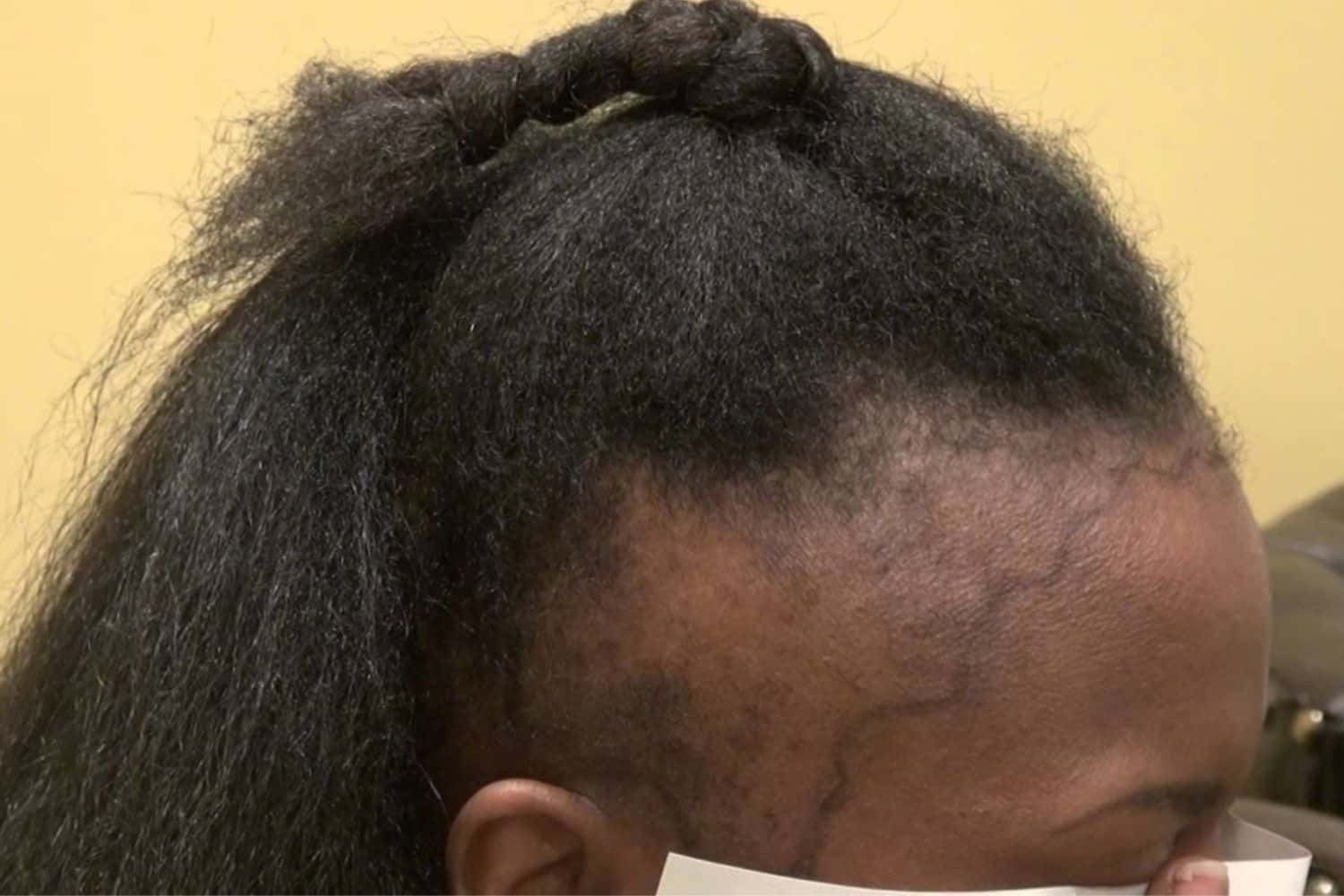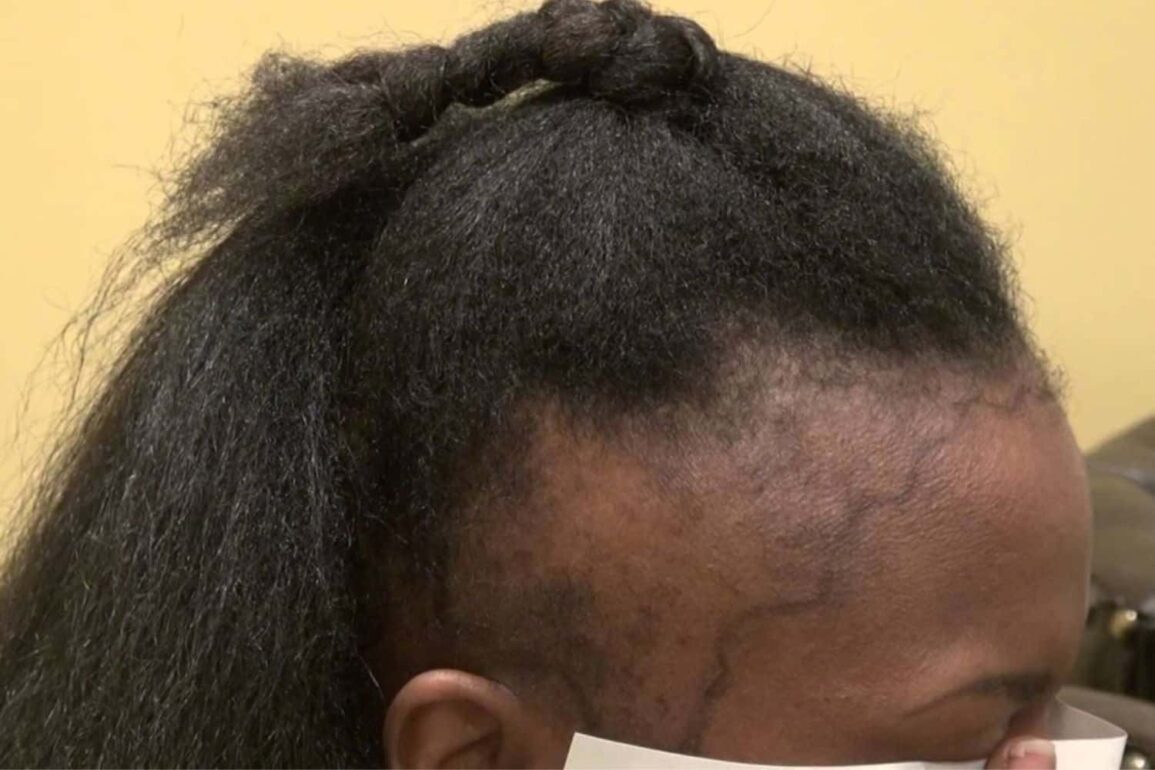
Here is how you can get and maintain a healthy hairline…
Hair braids pulling, wig glue, or tight cornrows are some of the factors that cause hair loss or thinning for women.
According to Dr Kashmal Kalan, globally renowned hair restoration expert and medical director at Alvi Armani, hair transplantation, particularly the Follicular Unit Extraction, (FUE technique), is a viable and effective solution for black women suffering from hair loss.
The FUE technique has been practised and perfected over 20 years and it is said to offer an effective answer for women suffering from hair loss and thinning as it can restore your natural hairline and density and has a very short healing period.
“It is a highly effective option for African women to reverse the damage caused by common hair practices such as using relaxers, hot irons, and weaves.
“The FUE technique, for example, is minimally invasive, almost undetectable, and matches the natural texture and curl of a person’s hair,” said Dr Kalan.
ALSO READ: Hairstyles that are secretly damaging your hair
How does the FUE technique help hairline loss?
This transplantation method involves extracting individual hair follicles from the scalp and implanting them in affected areas.
The FUE method is preferred to Follicular Unit Transplantation (FUT), which includes the removal of an entire piece of skin which can lead to scarring and looks less natural.
“There is no one-size-fits-all solution – every patient is unique and, thus, we take a different approach with each. We consider skin texture, donor quality, hair type, and follicular profile before recommending the best way forward,” explains Dr Kalan.
Why should African women consider hair transplants?
Dr Kalan notes that clinics with experience in hair transplants on African patients are careful to avoid keloid scarring, which is more common among African hair types.
He encourages prospective patients to first conduct thorough research to make an informed decision.
“What makes hair transplants different and sometimes challenging for African hair types is the unique curl of the follicle. It has an unpredictable root base, which can make it difficult to obtain the roots of the follicles which is what is required for hair restoration surgery. The skin is also a lot thicker, and the skin surface can distort during extraction.
“So, when considering your options, you need to speak to a qualified consultant regarding your specific needs to find the solution best suited to you. It’s important to first determine what is causing your hair loss or thinning and then decide.”
Dr Kalan said they have performed many successful transplants for black men and women with different types of hair loss.
“The results are natural and aesthetically pleasing, and our patients are very satisfied with the outcome.”
NOW READ: PICS: ‘The Woman King’ star Viola Davis celebrates birthday in Cape Town
This post was originally published on this site be sure to check out more of their content.








